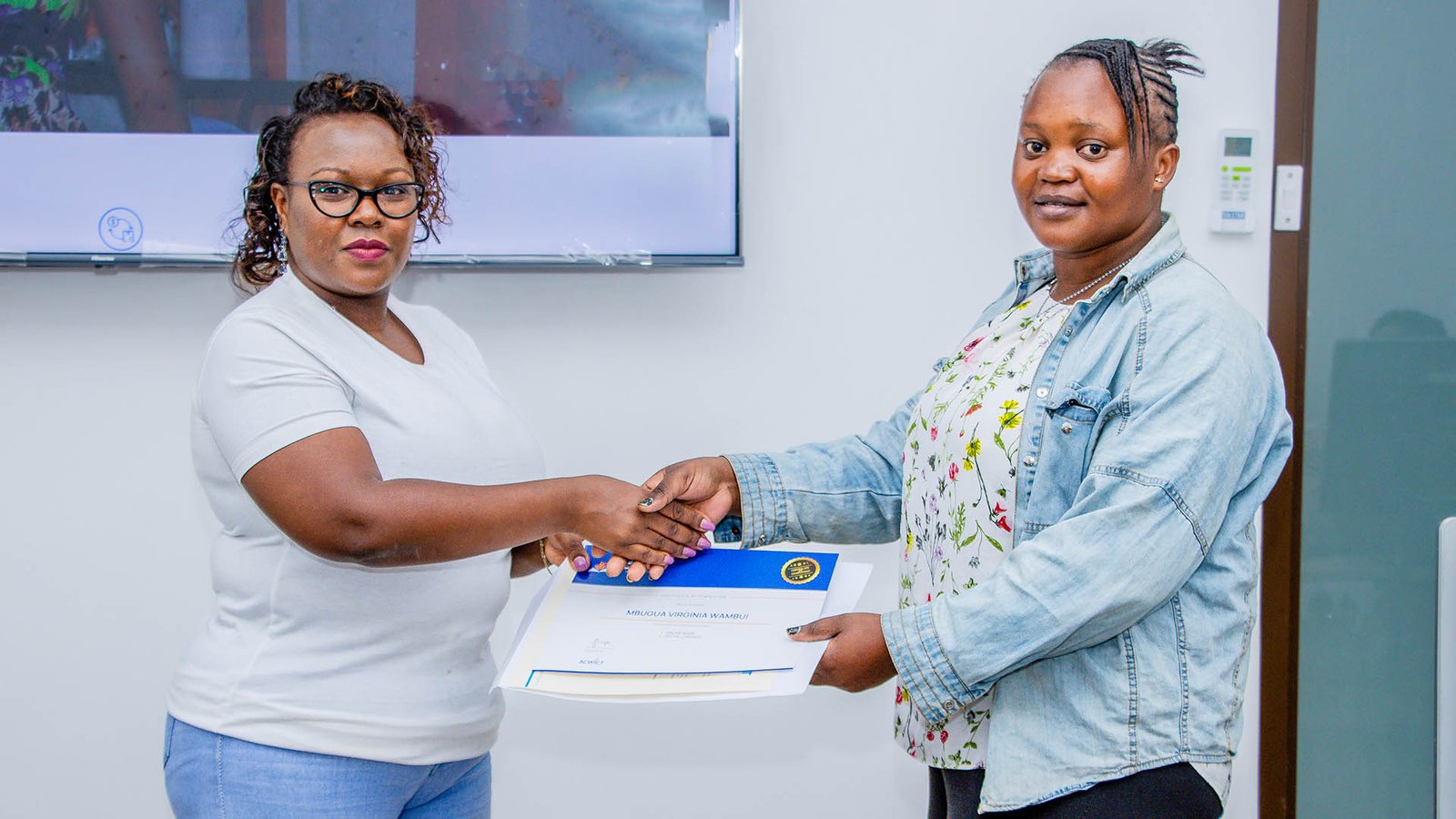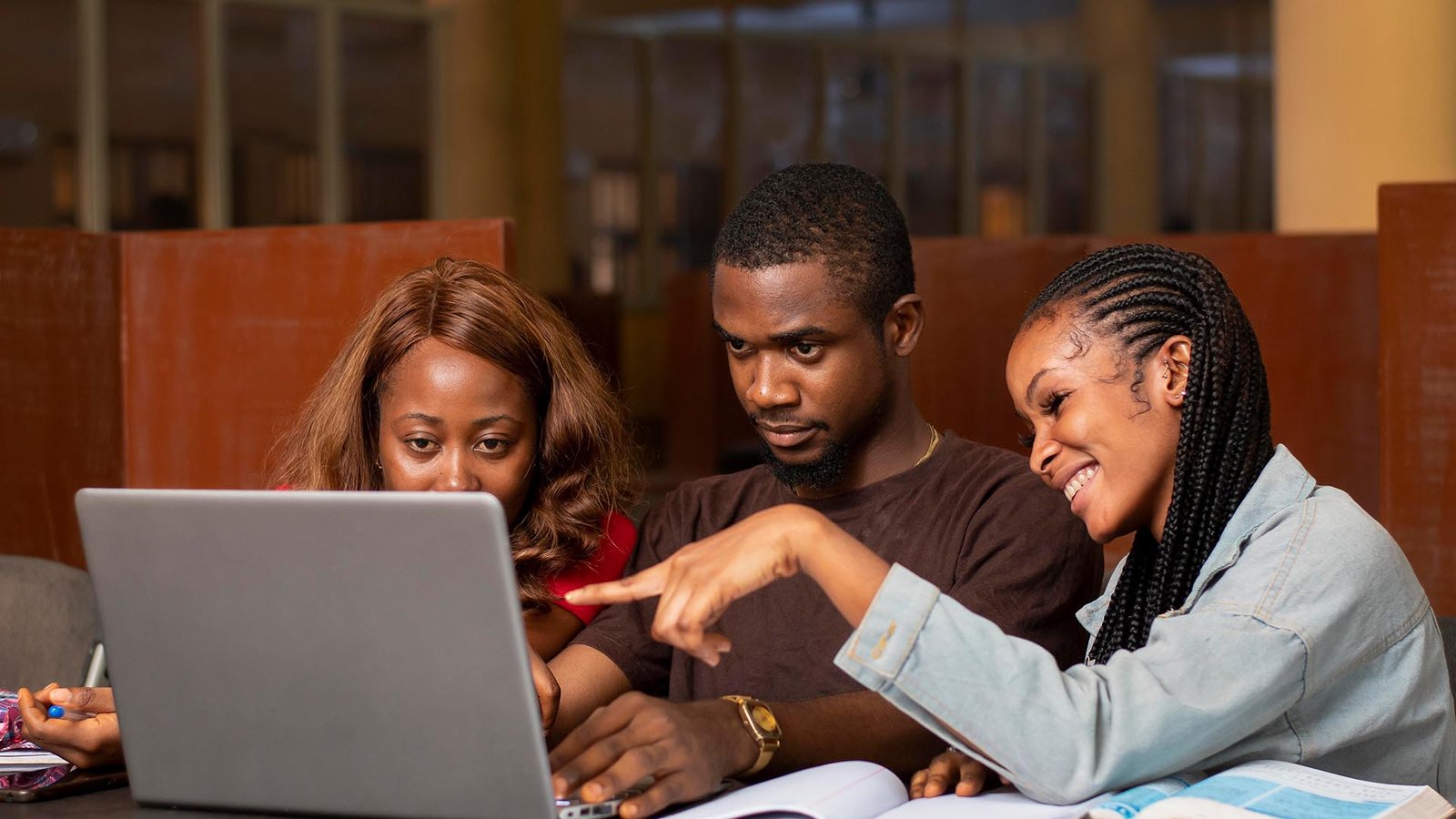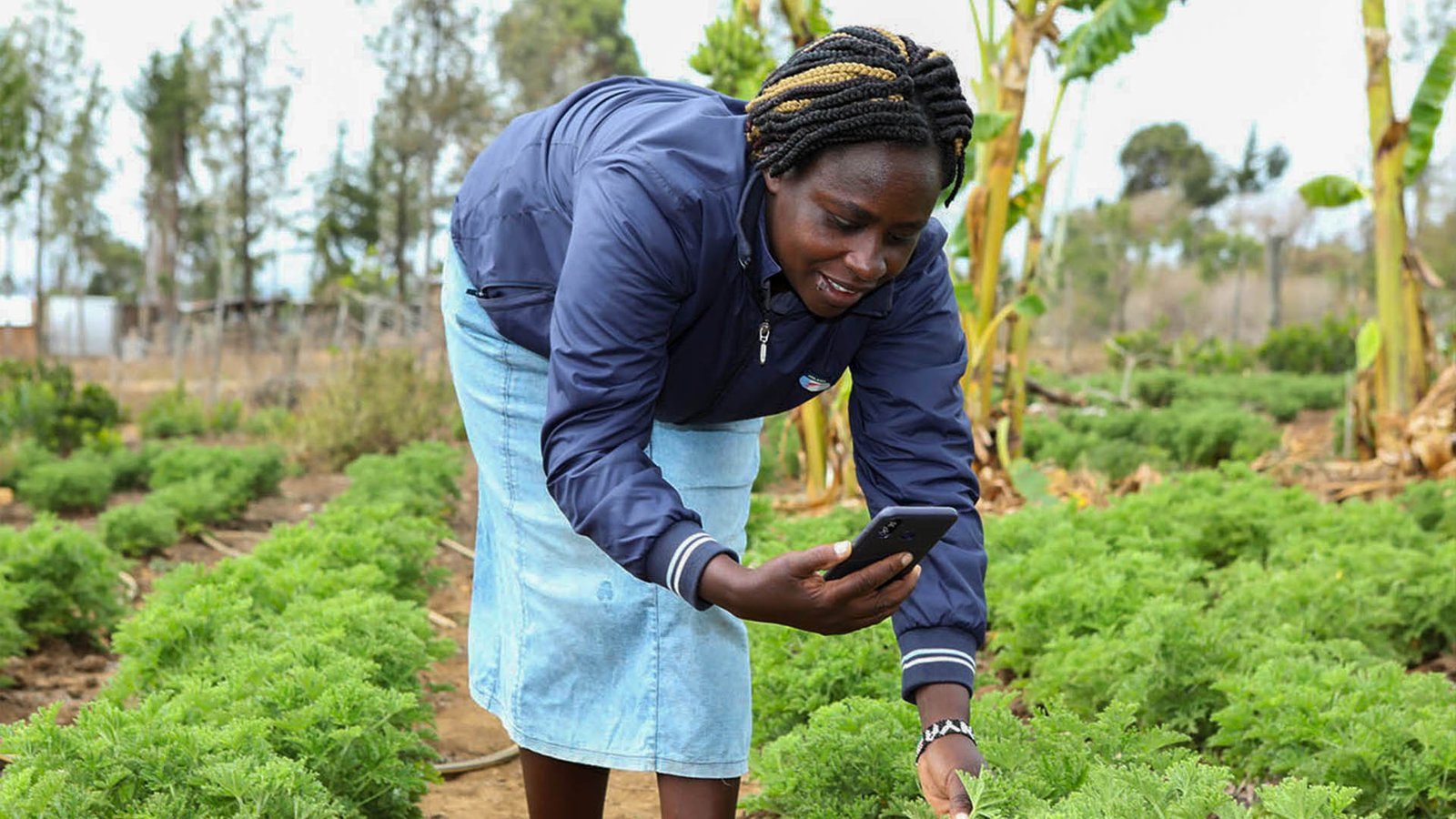Week Of Code
PARTNERS & DONORS:
Microsoft & ACWICT Institute of Technology
LOCATION
Nairobi, Kenya
DATE
2014
Overview
Young people in Kenya today live in complex and challenging times. Faced with a myriad of difficulties especially in the initial workforce entry. It is estimated that 750,000 young people enter the workplace annually, yet only 15% get absorbed into formal employment. Consequently, the rest of the youth cohorts (85%) take up informal work and/or face the brunt of poverty. High unemployment rates are attributed to the low absorptive capacity of the economy, weak implementation, and coordination of youth-targeted employment interventions; lack of skills relevant to the workplace by the young people; lack of information on available job opportunities; lack of networks and connections among youth; lack of experience and credentials that address employers’ risk in making hiring commitments and lack of available jobs suited to entry-level skills. Access to education and productive employment or income-generating opportunities is the surest way to improve one’s economic and social standing. The week of code initiative aims to mitigate the above challenges by encouraging young people, especially at the university level to develop Entrepreneurial minds. Moreover, create opportunities for themselves as well as other members of society through the development of e-solutions. The week of code will prepare young people to appreciate and take the initiative to create e-solutions through the coding skills gained. Beneficiaries will also be taken through the fundamentals of Digital entrepreneurship to enable them to become ‘Technoprenuers‘. ACWICT has over the years implemented the week of code initiative in partnership with Universities (University of Nairobi, St. Paul’s University, JKUAT, Kenyatta University, ZETECH, Nazarene) and Highschools (Starehe Girls and Nembu Girls) reaching over 2000 youth at different levels of their education.




Objective
The #WeekofCode program is a transformative experience, introducing young minds to technology through engaging, age-appropriate sessions. Children ages 1 to 6 start with basic coding concepts, laying a foundation for future learning. Junior high and high school students explore technology more deeply, gaining insights into potential career paths while enhancing their problem-solving and logical thinking skills.
Through interactive coding and gaming, the program fosters creativity and innovation, empowering students to approach challenges with confidence. Ultimately, #WeekofCode inspires a love for technology and equips students with the skills and belief in their ability to create in the digital world.

Key skilled based areas tackled in the pogram
Grade Group: 1 to 6 (1 Day)
Gaming Sessions with Coding:
- Introduce problem solving activities using technology.
- Interactive games that introduce basic coding concepts (e.g., sequencing, pattern recognition) through play.
- Use of tablets or computers with age-appropriate coding games (e.g., code Spark Academy, Kodable, Scratch, Minecraft).
- Fun and competitive computer games (Xbox and PS5).

Grade Group: Junior High School (3 Days)
- Career Guidance Workshops:
- Industry Experts Career Discussions and Networking Opportunities.
- Information sessions on emerging fields in technology (e.g., AI, cybersecurity, game development).
- Gaming Sessions with Coding:
- Coding challenges using educational games (e.g., Minecraft Education Edition).
- Introduction to game design and development using platforms like Scratch or Roblox.
- Coding Sessions:
- Beginner to intermediate coding workshops using languages such as Python, HTML, CSS, and JavaScript.
- Hands-on projects like creating a simple website (with a chatbot) and an automation bot.
- No-Code Sessions with Drag and Drop:
- Projects involving web design/chatbot development using no-code tools like Bubble and Microsoft Power Virtual Agents.
Age Group: High School (5 Days)
- Career Guidance:
- In-depth sessions with tech industry professionals, including Q&A.
- Workshops on college preparation for tech-related degrees and certifications.
- Networking opportunities with local tech companies and startups.
- Gaming Sessions:
- Advanced gaming challenges that help you think critically when coding.
- Educational games (e.g., Minecraft Education Edition and Scratch).
- Fun and competitive computer games (Xbox and PS5).
- Coding Sessions:
- Introduction to Python programming, including a hands-on activity where participants will develop an automation bot (using Python Selenium) that performs tasks typically carried out by humans to control a computer.
- Develop a simple website using HTML, CSS, and JavaScript.
- Low-Code / No-Code Sessions with Drag and Drop:
- Creation of advanced projects using no-code/low-code platforms like Bubble or Microsoft Power Virtual Agents.
- Build a chatbot using Microsoft Power Virtual Agents, a low-code/no-code platform.
- Build a simple website using Bubble, a low-code/no-code platform for website design.
Age Group: University Students (5 Days)
Ideation and Soft Skills
- ideation and problem-solving basics
- Identifying user needs and creating solutions.
- Develop essential soft skills for teamwork, focusing on communication, collaboration, and group dynamics.
Coding Labs
- Engage in coding labs, applying problem-solving skills to projects covering coding concepts, software development, and programming languages, with guidance from mentors.
Business Pitch
- Create and present a business pitch based on their coding projects, learning key elements like market analysis and value proposition, and refining their presentation skills.